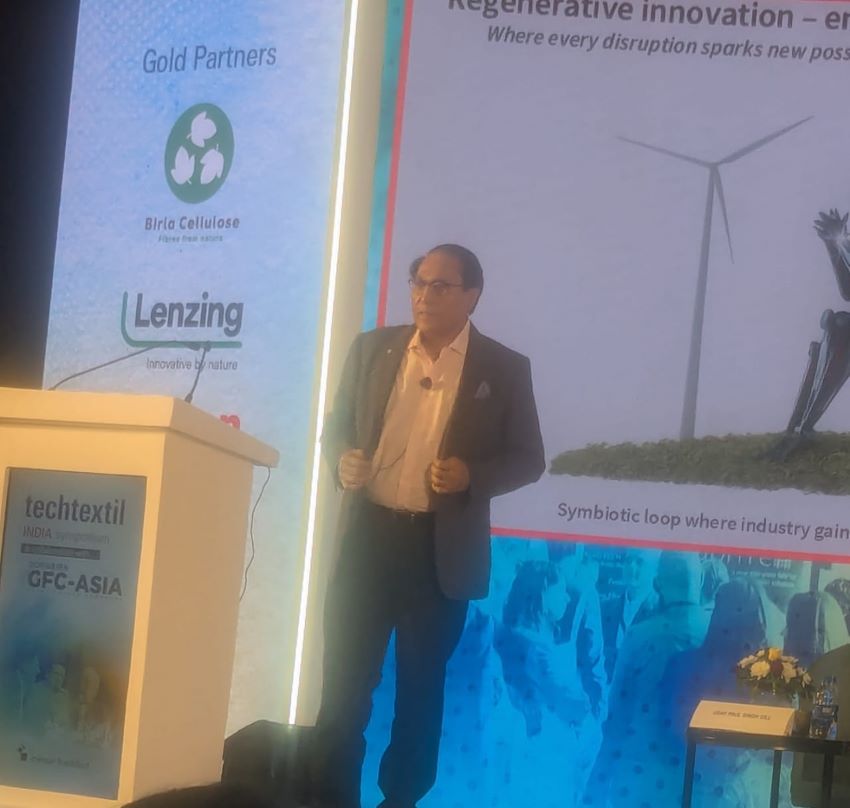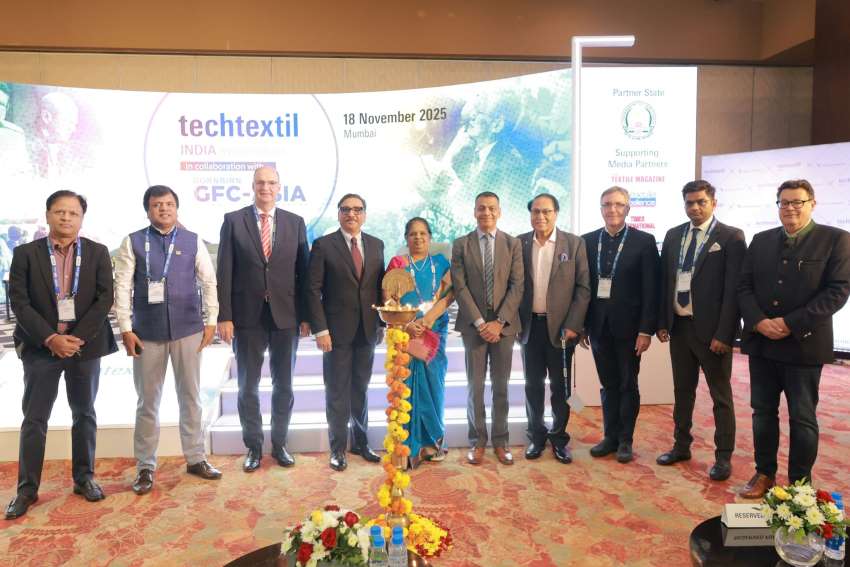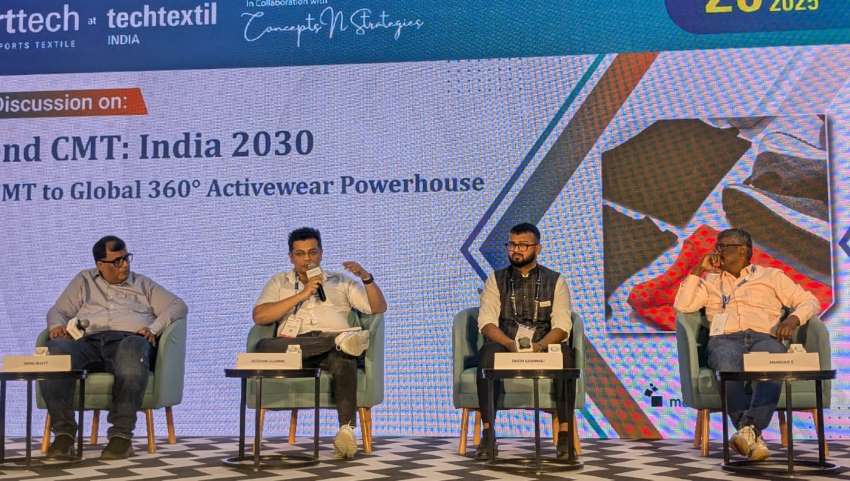The European Union has published a revised Waste Framework Directive, kicking off a new era for sustainable textiles. The directive sets a firm timeline for Member States to implement Extended Producer Responsibility (EPR), a policy that requires businesses to take financial and operational responsibility for their products at the end of their life.
The new rules create a 20-month deadline for EU Member States to transpose EPR into their national laws. This means each country must establish a clear framework for how apparel and textile companies will finance and manage the collection and treatment of garments once they're no longer usable. Following this, Producer Responsibility Organizations (PROs) must be fully operational within 30 months. These organizations, funded by producers, will be key to managing the collective obligations under the EPR, including setting up collection systems, ensuring materials are recycled properly, and reporting compliance to authorities.
The European Apparel and Textile Confederation (EURATEX) has welcomed the directive but stressed the urgent need for a unified approach across the EU. The organization has long advocated for a single market for secondary raw materials and the harmonization of EPR schemes to prevent a fragmented, "patchwork" of national regulations. According to EURATEX, a harmonized framework is crucial for supporting competitiveness and innovation within Europe's textile industry.
EURATEX has outlined its key priorities to ensure the directive’s successful implementation, which include ensuring strong market surveillance and coherence with other related legislation, such as the Circular Economy Action Plan (CEA) and Ecodesign for Sustainable Products Regulation (ESPR).
Looking ahead, EURATEX is set to discuss these developments further with its members at the upcoming Textile PRO Forum plenary meeting in November, reinforcing its commitment to a fair, effective, and harmonized framework that benefits both the environment and the European textile sector.












